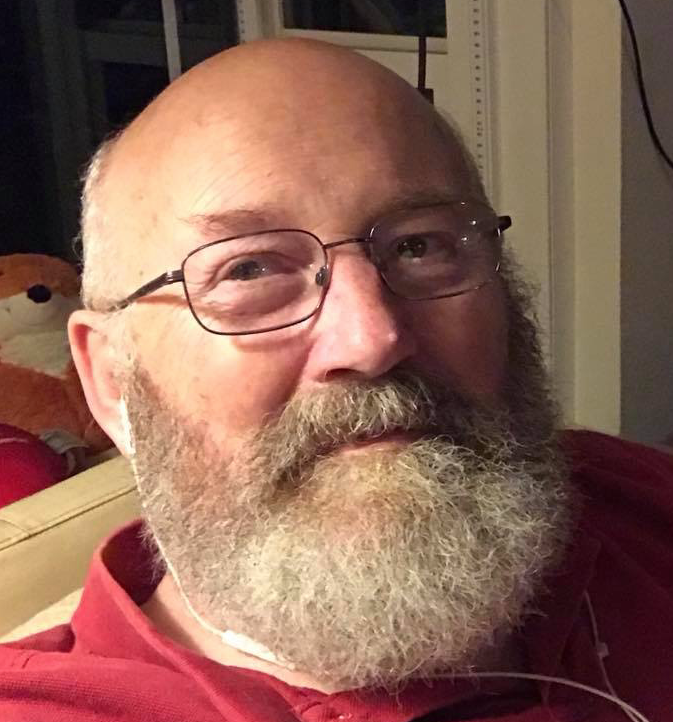
Is public education better today?
I can’t think of hardly a subject more debated today by the general population that the current state of our public schools. There appears to be recognition from all political perspectives that our schools are a disaster, yet a profound hopelessness exists in how to treat the problem. More is known about the workings and ways of our world and yet, far less is taught or expected from our students in our schools than is possible. Unfortunately, what schools proclaim as ‘good enough’ really isn’t.
I think George Washington summarized the dream of public education best:
“Promote then as an object of primary importance, Institutions for the general diffusion of knowledge. In proportion as the structure of a government gives force to public opinion, it is essential that public opinion should be enlightened.”
– George Washington in his farewell address
Clearly, we have failed in developing institutions that adequately disseminate what we know, with the minor exception of questionable political indoctrination. In any case, what was education like say in the early years of the young Republic? Grabbing a book or two of ‘Goodrich’s School History’ gives some insight into what was expected from students in the early 1800’s.
Here are some thought provoking questions from the ancillary book of questions that would not likely be found in textbooks today:
1) How does the study of history affect the imagination?
2) What is the first reason why the history of the United States be studied?
3) With what pictures does history present us?
The questions in the text are exacting and many require the student to exercise a deal of critical thinking ( as above) which is something lacking in today’s texts. Some of the questions will also bring a smile:
1) How many brothers and sisters had he? (Christopher Columbus)
2) What privileges did his mother-in-law allow him? (Christopher Columbus)
3) Where is West Point? How far from N. York? Who obtained command of this fortress in 1780? With whom did Arnold enter into negotiations to deliver it up? Who was the British agent in this negotiation? What became of him? What became of Arnold? ( few today know the story of Benedict Arnold)
So, you are wondering if there is a moral to my story? Only that for a young person to be broadly educated today requires far more than is offered thinly by a public education.
There are answers in the past. HINT: buy books
Roger Freberg

